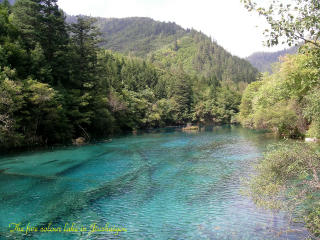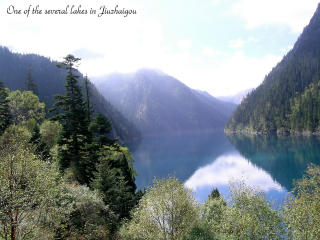 Each time I am on the road I treat every other road-user as a stark raving mad moron who is determined to end my life. Malaysian road users, motorists and motorcyclists in particular, have gone mad. If you don't believe me, the next time you are at the traffic lights and the light is red observe what people will do. Motorcyclists will shoot out in defiance of the red light and motorists will make a turn even when the red light says that they shouldn't. If you are dreaming you will wonder whether you are doing the right thing staying stationary in obedience of the red light when others are moving on.
Each time I am on the road I treat every other road-user as a stark raving mad moron who is determined to end my life. Malaysian road users, motorists and motorcyclists in particular, have gone mad. If you don't believe me, the next time you are at the traffic lights and the light is red observe what people will do. Motorcyclists will shoot out in defiance of the red light and motorists will make a turn even when the red light says that they shouldn't. If you are dreaming you will wonder whether you are doing the right thing staying stationary in obedience of the red light when others are moving on.Double parking and sometimes even triple parking of cars are common on busy streets at markets and in commercial areas, especially in front of banks, and nobody does anything about it. The mata-mata doesn't seem to be around anymore and the reason that is always given is that the police are short-handed, that is except when the dignitaries are given outrider escorts. Nowadays there is blatant disregard for the law and we find motorists parking their vehicles at street corners as well.
Federal traffic police chief, Senior Asst. Comm. II, Datuk Gingkoi Seman Pancreas, was quoted in the Star of Wednesday, 28th.Sept., under the headline "No respect for traffic rules", as saying that "many Malaysian drivers only obey traffic rules and regulations when they see enforcement authorities, cameras and speed traps." He is right and the police, more than anybody else, should know better. When the law allows thousands and thousands of summonses to accumulate over a period of time and then finally decides to allow a discount if traffic offenders take steps to settle within a time frame, respect for traffic rules must wane. On Thursday, 29th Sept., Datuk Gingkoi was again quoted in the Star as saying that when the "amnesty" period for paying of summonses at discounted rates ended on 30th Sept the police would come down hard on the defaulters. Well if the police do not match their words with the appropriate action, Datuk Gingkoi will know why there is no respect for traffic rules.










